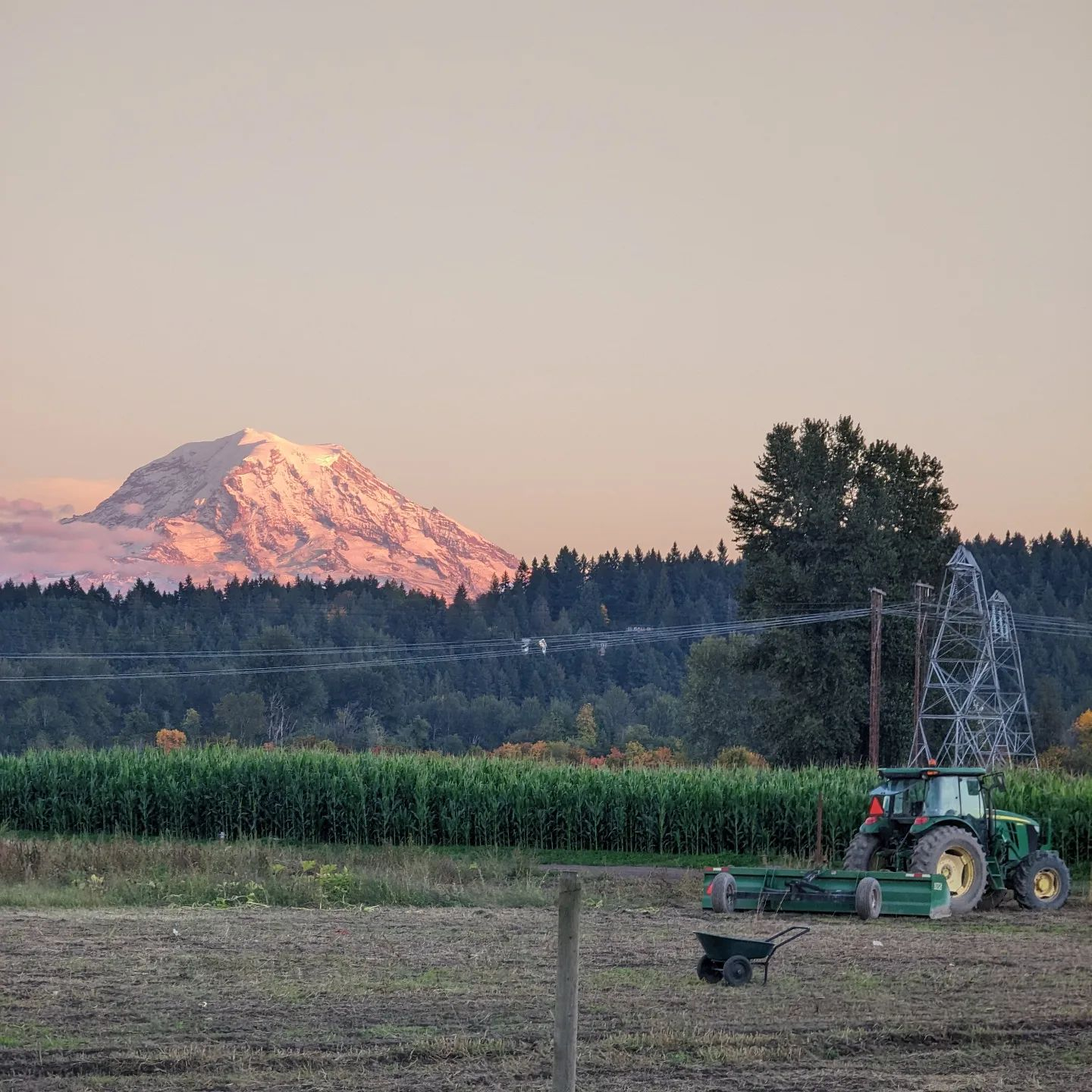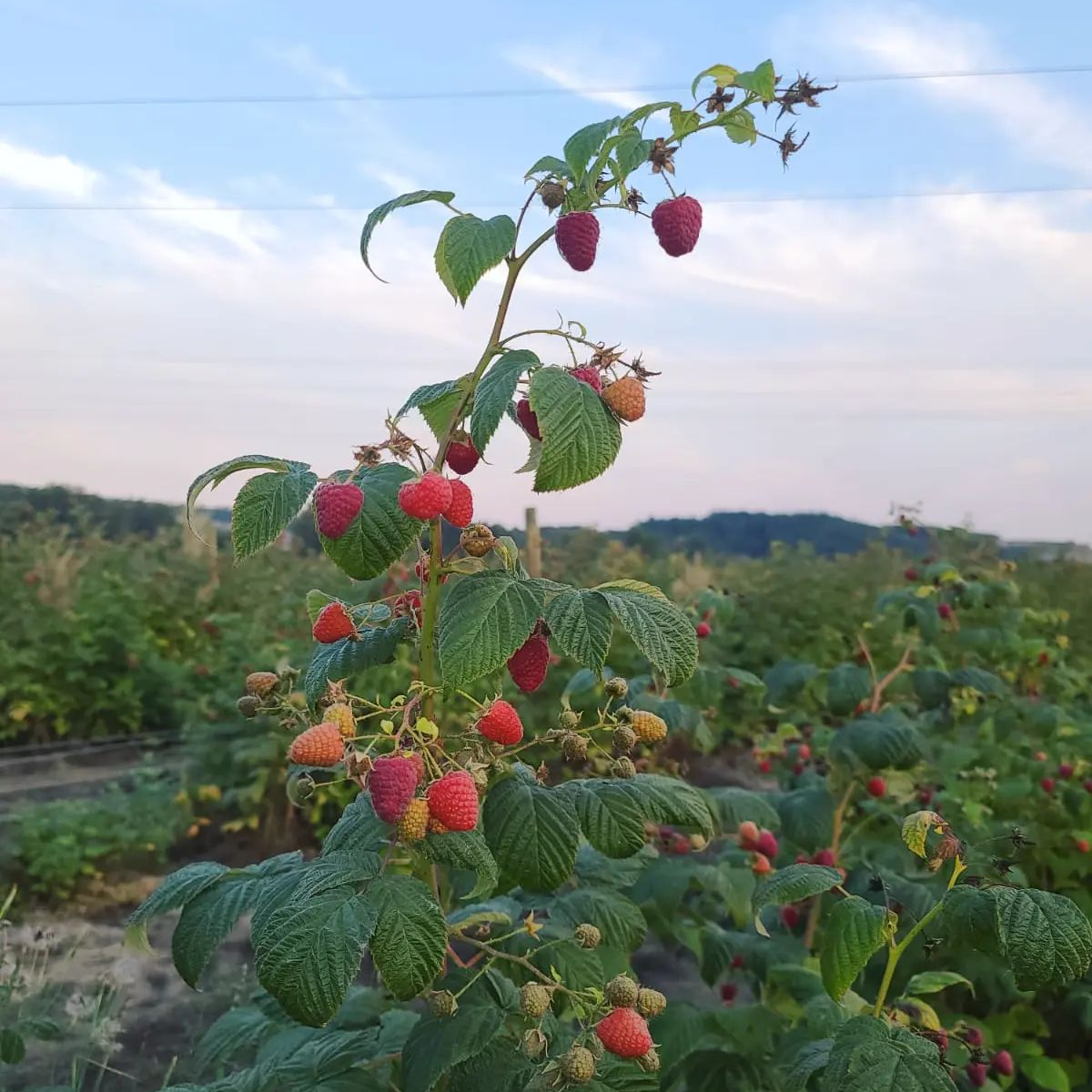Producer


Sidhu Farms
Contact: Kamal Sidhu
City: Puyallup, WA, 98372
Website: sidhuberries.wordpress.com
About Us
Sidhu Farms is an Organic Blueberry farm in the heart of the Puyallup Valley. Chet Sidhu came to America in the early 1980s, realizing a dream he had since childhood. He was born in Punjab, India with generations of farming in his family tree, and his family owned 60 acres and cultivated cotton in their native country. He runs the farm with sons Kamal, Sunny, and Sarge, all share many titles to bring you the finest berries and produce. You may recognize us from the many farmers markets we sell at through the greater Seattle area.
We mainly grow Blueberries, but we also have Strawberries, Raspberries, Blackberries, Marion, and Boysenberries. We are mainly a berry business, but we also grow a wide assortment of vegetables such as tomatoes, cauliflower and Brussels sprouts just to name a few. In recent years, we have greatly expanded our rhubarb plots and can accommodate large volume orders from Sumner (our other neighboring town), affectionately know as the "Rhubarb Capitol of the World".
We mainly grow Blueberries, but we also have Strawberries, Raspberries, Blackberries, Marion, and Boysenberries. We are mainly a berry business, but we also grow a wide assortment of vegetables such as tomatoes, cauliflower and Brussels sprouts just to name a few. In recent years, we have greatly expanded our rhubarb plots and can accommodate large volume orders from Sumner (our other neighboring town), affectionately know as the "Rhubarb Capitol of the World".
Practices
We are certified organic.
Farmers in the Pacific Northwest traditionally have not taken on the daunting task of growing Belgian Endive - cultivating it is far more complex than merely planting a seed. According to legend, it was discovered in the 1830s by a Belgian farmer who realized that chicory roots stored for coffee-making produced new, delicious shoots. By 1850, Monsieur Brezier of Brussels’ Botanical Gardens was refining the growing process using a warm, humid, and dark environment.
Belgian endive is remarkably grown twice over two seasons - once in the fields to form leaves (that are removed) for the root, and again the root planted in sawdust to force a “chicon” (the compact, dense heads of pale-yellow leaves) from the root. The seeds are direct sowed in May and June of the first year then around November the tops are mowed and the roots harvested and stored in a warm, dark environment (called “forcing”). It is harvested the following spring for a tender, sweet delight. The absence of light gives Belgian endive its distinctive pale color and sweet flavor, called “blanching”.
Farmers in the Pacific Northwest traditionally have not taken on the daunting task of growing Belgian Endive - cultivating it is far more complex than merely planting a seed. According to legend, it was discovered in the 1830s by a Belgian farmer who realized that chicory roots stored for coffee-making produced new, delicious shoots. By 1850, Monsieur Brezier of Brussels’ Botanical Gardens was refining the growing process using a warm, humid, and dark environment.
Belgian endive is remarkably grown twice over two seasons - once in the fields to form leaves (that are removed) for the root, and again the root planted in sawdust to force a “chicon” (the compact, dense heads of pale-yellow leaves) from the root. The seeds are direct sowed in May and June of the first year then around November the tops are mowed and the roots harvested and stored in a warm, dark environment (called “forcing”). It is harvested the following spring for a tender, sweet delight. The absence of light gives Belgian endive its distinctive pale color and sweet flavor, called “blanching”.
